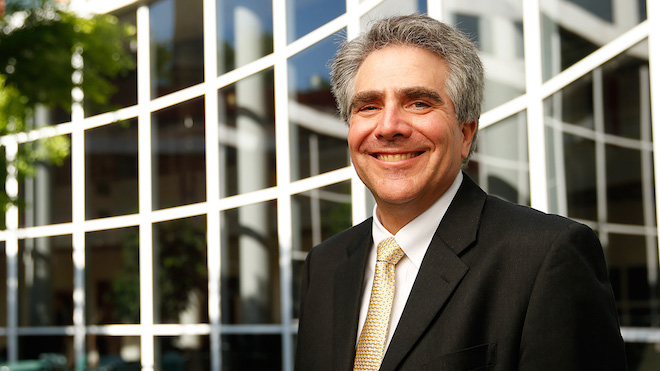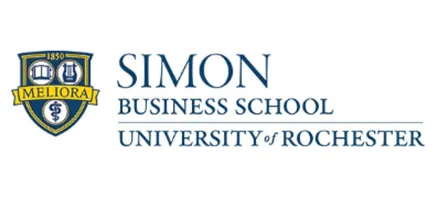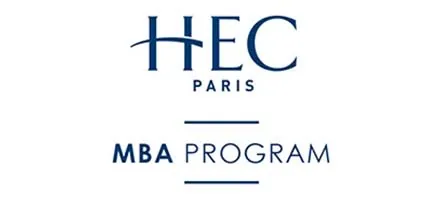
Night Skyline of Nashville, Tennessee, home of Vanderbilt University’s Owen Graduate School of Management
Healthcare in the United States is big business, so it’s no surprise that there’s plenty of U.S. business schools with quality programs for those seeking a job in healthcare. But of all the best U.S. healthcare MBA programs, few offer “hands-on” learning that immerses students in the real world of healthcare delivery — and only one is located in the heart of the U.S. healthcare capital: Nashville, Tennessee.
Vanderbilt University’s Owen Graduate School of Management offers both the location and the immersion, and something else, too: a chance to live in one of the most vibrant, fastest-growing cities in the U.S. — the No. 11 “Best Place To Live” in the country, according to the latest ranking by U.S. News & World Report.
Nashville is Music City, of course, but in the last decade it has become something more: a place where, in equal measure, families and young people flock to live. The city has a population of nearly 700,000, and local lore has it that 100 people move there every day, drawn by the area’s relatively cheap cost of living (about half what it costs to live in the San Francisco Bay Area), its thriving economy, low crime, great food, Southern hospitality — and especially its status as a cultural mecca.
But we were talking about healthcare. If your interest is in finding work in that sector, you can’t do much better than plugging into the epicenter of the industry, connecting with a network that includes 500 healthcare companies based in the greater Nashville area. (Zoom out and expand your search to Middle Tennessee and that number balloons to 800.) In the city alone there are 20 publicly traded healthcare companies. Globally, Nashville-based health companies create half a million jobs and $84 billion in revenue. One out of every six hospital beds in the U.S. is in a Nashville hospital.
16% OF CLASS OF 2017 WENT INTO HEALTHCARE; AVERAGE SALARY $110K

Vanderbilt Owen Dean M. Eric Johnson
Over the past decade, about 17% of Owen graduates have accepted full-time offers in the healthcare industry directly after school; Owen’s 2017 employment report showed that 16% went into the industry, with an average salary of $110,190. This jives with Vanderbilt Owen Dean Eric Johnson’s estimate that roughly 20% of each cohort — including the current one — studies for a job in healthcare.
“That doesn’t mean they’re necessarily working for a hospital,” Johnson tells Poets&Quants. “Very few of them are actually in hospitals, but more and more are ending up in providers. What’s interesting, of course, is that those providers — like HCA and so forth — have really matured in their own business practices, so their demand for MBA-level talent is growing.
“Historically that wasn’t true. Twenty years ago they hired very few MBAs, and many times if an MBA went there they likely weren’t gonna get paid an MBA-level salary, particularly starting straight out of school. Today that’s not true — and if you look at the executive ranks of a lot of those companies, they are becoming much more MBA-centric.”
A HEAD START IN THE HEALTHCARE INDUSTRY

Vanderbilt Class of 2017 MBA graduates by industry; 16% went into healthcare. Source: Vanderbilt Owen
MBA jobs in healthcare come in all shapes and sizes. While they are mainly set in traditional business functions like consulting, finance, management, HR, marketing, and operations, they tend to be spread across three main categories: care delivery, consulting, and corporate. Care delivery is hospitals, outpatient care, home and long-term care, diagnostic labs; consultants can work for a range of employers, from startups specializing in healthcare clients to large firms that handle healthcare projects. And on the corporate side, MBAs have traditionally found work at payers and outsourcing/distribution businesses, but in recent years pharmaceutical, biotech, and healthcare tech companies have risen to the fore.
All of this is in Vanderbilt Owen’s wheelhouse. As Class of 2015 MBA Jameson Norton says, the only real constant in healthcare is change, and while “there’s a lot of outstanding programs out there, what’s important to me is that this is a place that cares deeply about the challenges that we’re seeing in this industry and about really adapting their programs to their future leaders.” It helps, he says, that Owen’s class sizes are so small — this year’s cohort, similar to recent past years, is only 179. That means around 30 to 35 students have a healthcare concentration, so each gets plenty of faculty and career attention.
Norton, now CEO at Vanderbilt Psychiatric Hospital and Clinics and executive director at Vanderbilt Behavioral Health, says “getting that very strong, rich background in the healthcare program at Owen allowed me to come in with somewhat of a head start and knowing where the industry is headed, because we’re talking a lot about how things are evolving and you’re able to learn about some of the potential disruptors and the ways that things are transforming. That helps you anticipate where things are moving. It gives you a vision for where we’re headed.”









